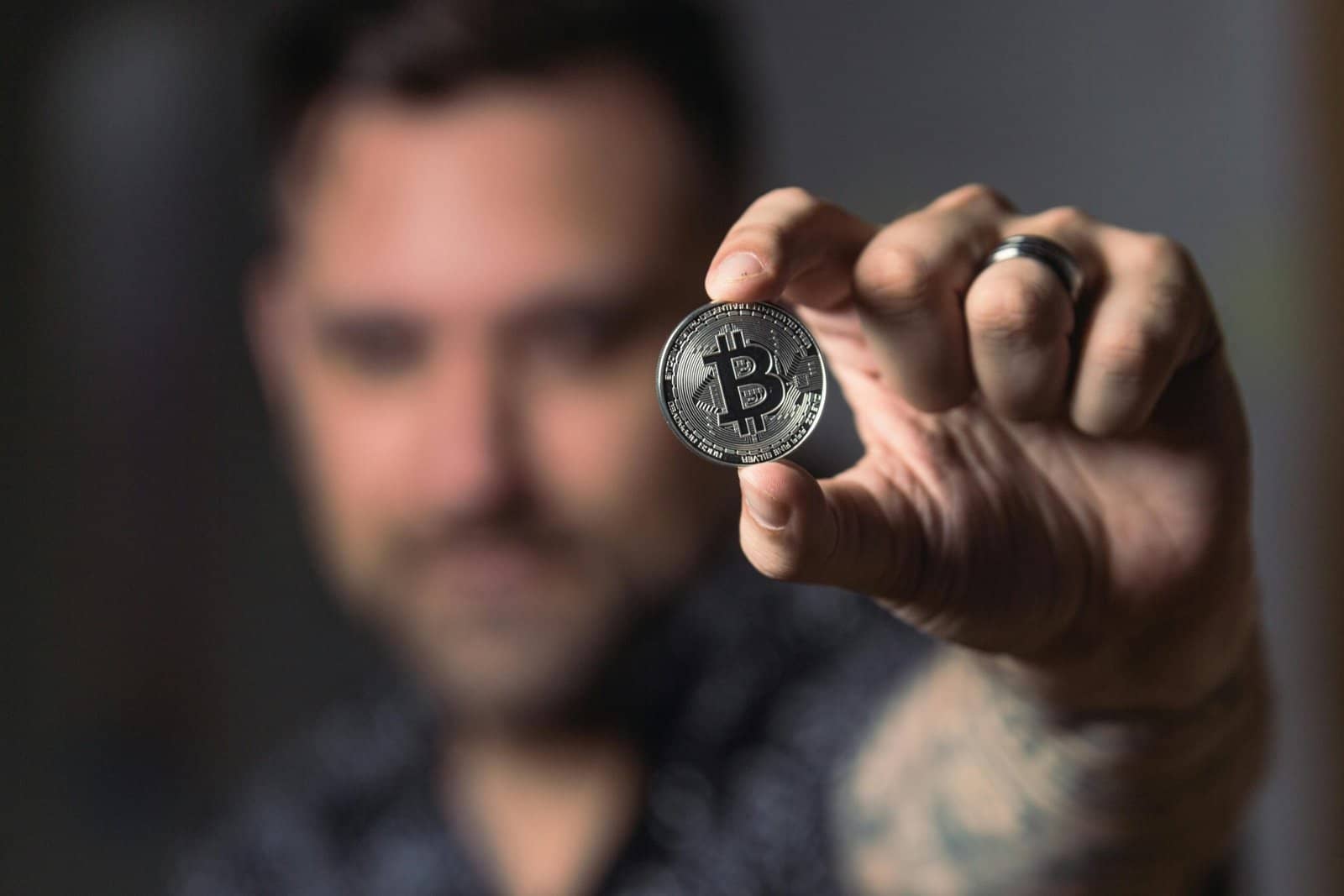Bitcoin, the world’s first decentralized digital currency, has taken the financial world by storm since its inception in 2009. With its rising popularity, it is essential to understand what Bitcoin is, how it works, and why it is considered real money.

What is Bitcoin?
Bitcoin is a form of digital currency, also known as cryptocurrency, that operates on a decentralized network called the blockchain. Unlike traditional currencies issued by governments, Bitcoin is not controlled by any central authority, such as a bank or government institution.
Created by an unknown person or group of people using the pseudonym Satoshi Nakamoto, Bitcoin was designed to provide a secure, transparent, and efficient method of conducting financial transactions online.
How Does Bitcoin Work?
Bitcoin operates on a technology called blockchain, which is a distributed ledger that records all transactions made with the currency. The blockchain consists of a network of computers, or nodes, that verify and validate transactions.
When a user initiates a Bitcoin transaction, it is broadcasted to the network, where it is verified by the nodes through a process called mining. Mining involves solving complex mathematical problems, and once a problem is solved, the transaction is added to a block, which is then added to the blockchain.
Each transaction on the blockchain is encrypted and linked to the previous transaction, forming a chain of blocks. This ensures the transparency and security of the system, as altering a single transaction would require changing all subsequent transactions, making it nearly impossible to manipulate the records.
Bitcoin transactions are conducted using digital wallets, which are software applications that store the user’s Bitcoin addresses and allow them to send and receive funds. Each wallet has a unique address, similar to a bank account number, which is used to identify the sender and receiver in a transaction.
Bitcoin transactions are pseudonymous, meaning that while the transactions are recorded on the blockchain, the identities of the users involved are not directly linked to their real-world identities. This provides a certain level of privacy while maintaining transparency.
Why is Bitcoin Considered Real Money?
Bitcoin is considered real money due to its characteristics and the widespread acceptance it has gained over the years. Here are a few reasons why Bitcoin is recognized as a legitimate form of currency:
1. Store of Value:
Bitcoin can be used as a store of value, similar to traditional currencies like the US dollar or the Euro. Its limited supply, with a maximum of 21 million Bitcoins that can ever be created, ensures that it cannot be inflated or devalued by a central authority.
2. Medium of Exchange:
Bitcoin can be used to buy goods and services from merchants who accept it as a form of payment. As the number of businesses accepting Bitcoin continues to grow, it is increasingly being used as a medium of exchange in various industries.
3. Divisibility and Portability:
Bitcoin is highly divisible, with each Bitcoin being divisible into 100 million units called Satoshis. This allows for microtransactions and makes it easy to transfer small amounts of value across borders quickly and at low costs.
4. Security and Transparency:
The blockchain technology underlying Bitcoin provides a high level of security and transparency. Transactions are encrypted, and the decentralized nature of the network makes it resistant to hacking and fraud. Additionally, the blockchain allows anyone to verify transactions, ensuring transparency and trust.
While Bitcoin has gained recognition as real money, it is important to note that its value can be volatile, with prices fluctuating significantly. As with any investment, it is crucial to exercise caution and conduct thorough research before engaging in Bitcoin transactions.
In conclusion, Bitcoin is a groundbreaking digital currency that operates on a decentralized network, offering secure and transparent transactions. Its characteristics and widespread acceptance have solidified its status as real money, providing individuals with an alternative form of currency that challenges traditional financial systems.

